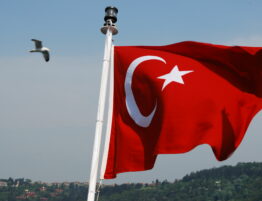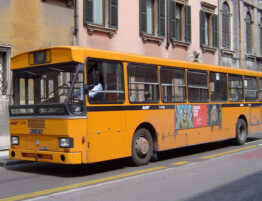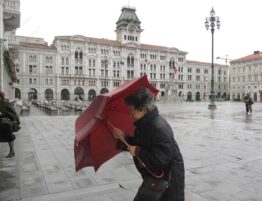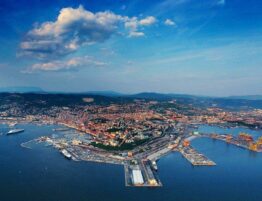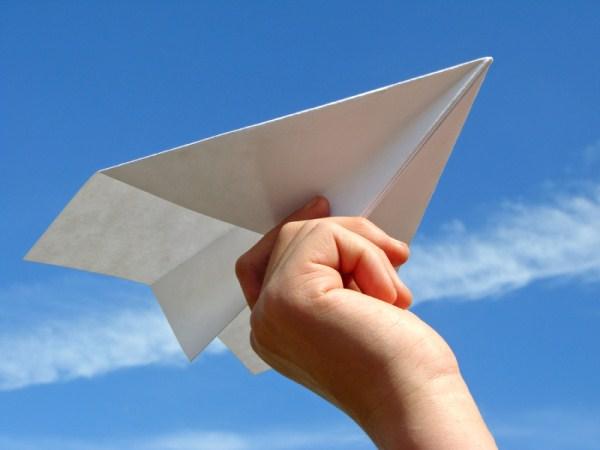
The Appeal Court of Bologna has recently resolved a dispute which had arisen because of a deadly accident that occurred to an aircraft, involving a passenger and the pilot who were on board. The dispute concerned, in particular, the payment of the compensation claimed by the heirs of the victims against the insurance of the Aero-Club, represented by the Firm.
The decision (judgement n. 2098 of 7 October 2014) is probably the most recent ruling on the subject in Italian case law.
This decision is significant with regard to two different aspects: the first one – mainly related to transport – concerns the debated issue of whether the Aero-Club may be considered as aircraft operator, pursuant to Article 874 et seq. of the Italian navigation code (from which the association’s liability for compensation due to harmful event caused by its member pilots derives); the second one – only related to civil law – concerns the identification of the damage payable in favor of the heirs of the deceased passenger, both iure proprio and iure hereditatis.
Regarding air navigation operations, it is clear that they presuppose the existence of an organized activity aimed at the use of the aircraft and at the satisfaction of the operator’s own needs. For the purposes of achieving aircraft operator status the technical fact of navigation (i.e. the actual piloting of the aircraft) is, in fact, not sufficient on its own, since the organizing and managing activities, within which the aircraft is used, are also needed. With this in mind, the status of aircraft operator cannot be given to the temporary user, unless the latter flies outside the context of the activities organized by the same Aero-Club or decides to pilot the aircraft only for private use different from the achievement of the institutional purposes of the training structure he or she belongs to. In this second case, in fact, there is a division between the taking and the implementing of the exercise of navigation, with the consequence that the navigation of the aircraft, in its technical sense, shall not produce effects in the Aero-Club’s liability sphere.
Following the line of decisions on the subject, the judges in Bologna felt that, due to the master-servant relationship between the member pilot and the Aero-Club to which he belongs, the status of operator is retained by the Aero-Club and does not pass on to the pilot, since the temporary use of the aircraft by the latter is not relevant. The role of the pilot is thus considered as that of the captain or of the person in charge of the service. In that regard, the Court of Bologna has ruled that “The entrusting of an aircraft by an Aero-club to a member pilot, for a short recreational flight has its cause in the member-association relationship, whereby the member has the right to participate in tourism activities, sports and educational activities in the aeronautic field, as established in the by-laws of the Aero-Clubs (DPR November 7, 1957 n. 1438). Therefore, the momentary use does not result in the transfer of the possession and of the operation of the aircraft to the member, but the status of operator is maintained by the Aero-Club and is realized in a master-servant relationship, by virtue of which the member pilot, flying the aircraft, is in a position equal to that of the captain or of the flight service personnel (Article 895 navigation code.)”. Therefore, from this perspective, the Court of Appeal of Bologna confirmed the indirect liability of the Aero-club and the subsequent admissibility of the plaintiffs’ request to obtain the insurance compensation, by virtue of the direct action provided in this particular case by the regulations in the field (Article 22, DPR 5 August 1988 n. 404).
With regard to the pilot’s behavior, the Judges of second instance have deemed it was characterized by gross negligence, since the expert reports, filed during the criminal investigation, showed that, while flying past the house of friends, the pilot “decreased the aircraft’s altitude to make himself visible from the ground” and “in making such a maneuver, he hit the cables of a power line, located at the height of about 20 metres. The impact caused the breaking of the electrical wires, serious damage to the wing panel and to the rightwing pillar of the ultralight vehicle and its crushing to the ground, in a diving trajectory and at very high speed”. The Court, therefore, deemed that the pilot breached numerous rules provided in the field of recreational flight and that, therefore, a grossly negligent conduct on his part could not be questioned. This has exceeded any issue regarding the applicability of art. 414 of the navigation code to gratuitous transportation. Said article provides that gross negligence or willful misconduct shall be subject to specific evidence. As for the aspects related to compensation, the Court of Appeal, by dismissing the claim for an amount higher than the one already awarded by the Court of first instance, has therefore confirmed the view, repeatedly expressed by the Italian Supreme Court, according to which “Non-pecuniary damage, even in the case of infringement of inalienable rights, can never be considered “in re ipsa”, but it should be properly argued and proven by those who invoke it” (ex multis Corte di Cassazione 13/05/2011, n. 10527).
The Court went on to state that the plaintiffs did not provide any evidence to “personalize the assessment of the pain suffered for the loss of their relative,” but, on the contrary, they merely complained about an award which was below the average value provided by the table drawn by the Court of Milan, without, however, justifying a variance.
(Bologna Office – Barbara Michini – 051 2750020)


